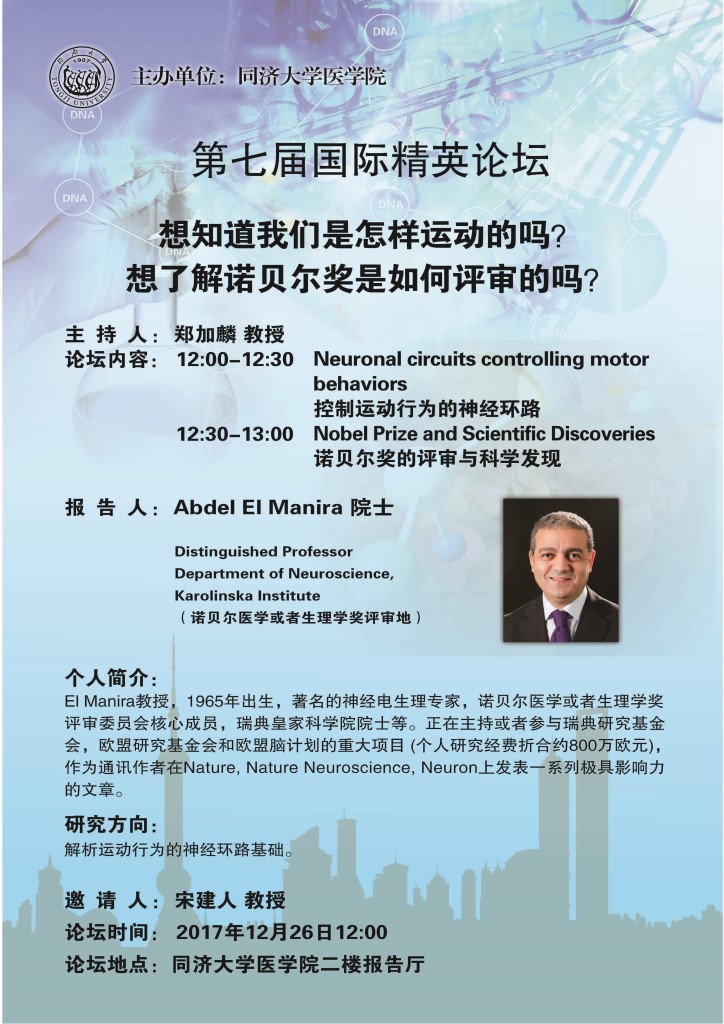Brief:
Locomotion is a complex motor task
generated by dedicated spinal circuits that drive motor neurons in a precise
sequence to control the timing and vigor of movements, but the many aspects of
the underlying circuit logic remain to be understood. Here we reveal, in adult
zebrafish, how the selective distribution of two excitatory V2a interneuron
types within the locomotor network transforms upstream excitation into an
appropriate, task-dependent pattern of motor neuron recruitment. Bursting-type
V2a interneurons with unidirectional axons targeting the distal dendrites of
predominantly slow motor neurons to provide potent, non-linear excitation
involving NMDA-dependent short-term plasticity. A second type, non-bursting V2a
interneurons with bidirectional axons, target the soma of predominantly fast
motor neurons, providing weaker, non-potentiating excitation. Together, this
ensures the rapid, first-order recruitment of the slow circuit during swimming,
whilst reserving the fast circuit for highly salient stimuli that provide
synchronous inputs. The results thus identify how excitatory interneuron
diversity is selectively captured and transformed into a parsimonious
task-specific circuit design that controls the vigor of locomotion.
Professional Activities:
2005-2012:
Director of the Graduate School in Neuroscience, Department of Neuroscience, Karolinska
Inst.
2008-:
Member of Executive Committee, Department of Neuroscience, Karolinska Institute
2008-:
Coordinator of the zebrafish core facility, Karolinska Institute
2009-2012:
Coordinator of a European Consortium “Spinal Cord Repair” supported by EU – FP7
2008-:
Member of a review panel, Swedish Research Council
2008-:
Member of a review panel, Research Council for Health of the Academy of Finland
2007-:
Member of a review panel, Agence National de la Recherche, France.
Research grant sources:
Swedish
Research Council, Medicine and Health – Principal Investigator
European
Commission, FP7 – Coordinator of Spinal Cord Repair Consortium
Christopher
and Dana Reeve Foundation – Principal Investigator
Karolinska
Institute – Distinguished Professor Award
Strategic
Research Program in Neuroscience – Swedish Research Council

